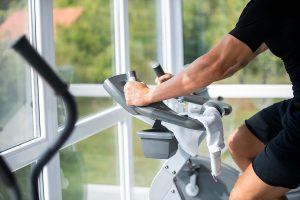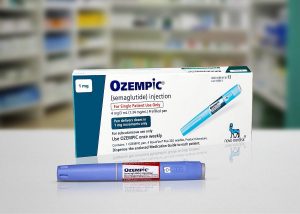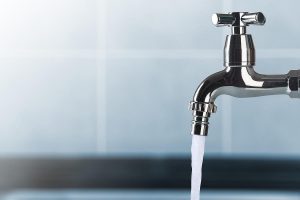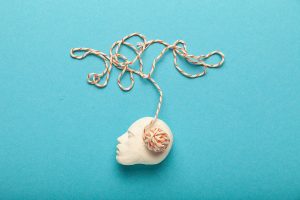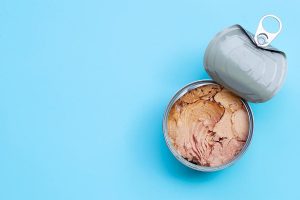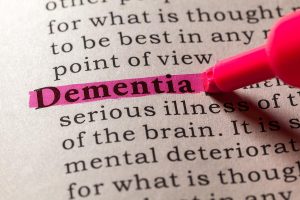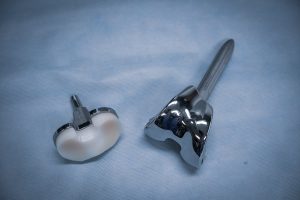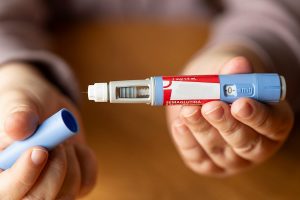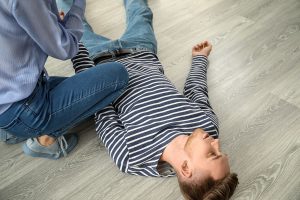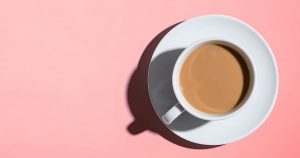
For years, older adults took a baby aspirin a day to help ward off a first-time heart attack or stroke. Now yet another study is showing the risks are not worth it for most. Specifically, researchers found the risk of brain bleeding while using low-dose aspirin outweighed any potential benefit against stroke for relatively healthy older adults — that is, those with no history of heart disease or stroke. In fact, among more than 19,000 older adults in the study, those who took daily low-dose aspirin for several years showed no reduction in their risk of an ischemic stroke (the kind caused by a blood clot). They did, however, have a 38% higher risk of bleeding in the brain, compared to study patients given placebo pills for comparison. Experts said the findings align with the latest recommendations on low-dose aspirin: Most people with no history of cardiovascular disease, including heart attack or stroke, should skip it. “What’s becoming clearer and clearer is that aspirin, for primary prevention, is not indicated for most people,” said Dr. Anum Saeed, a cardiologist who was not involved in the study. “Primary prevention” refers to prevention of first-time strokes or heart attacks. The new findings do not apply to people who have been prescribed aspirin because they already have a history of those conditions, said Saeed, an assistant professor at… read on > read on >












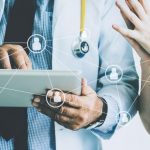
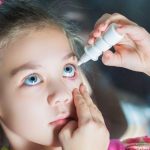
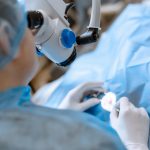
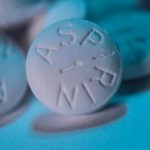
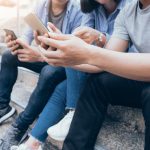

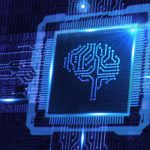


-300x169.jpg)

